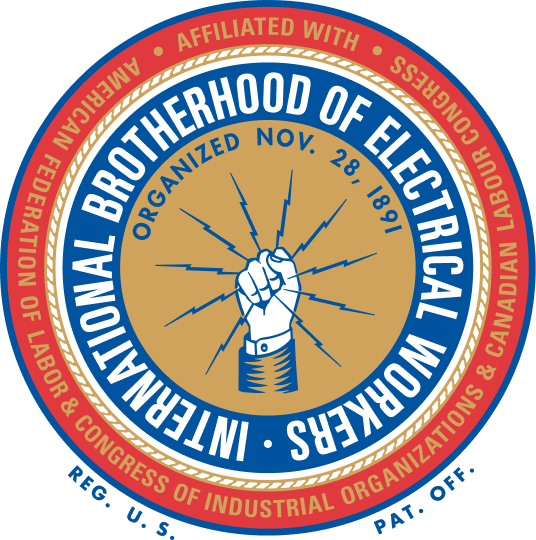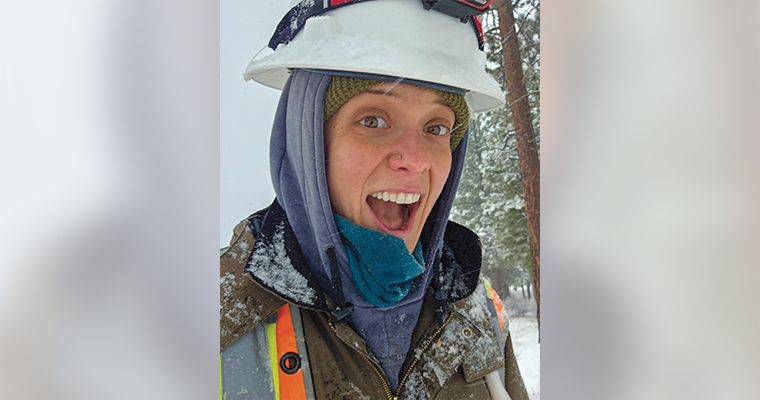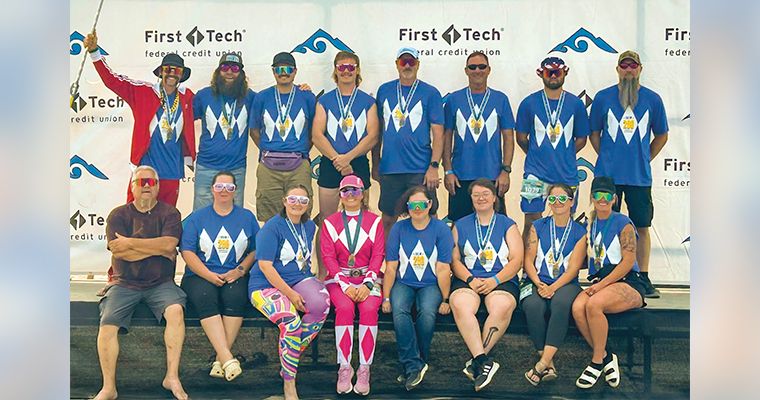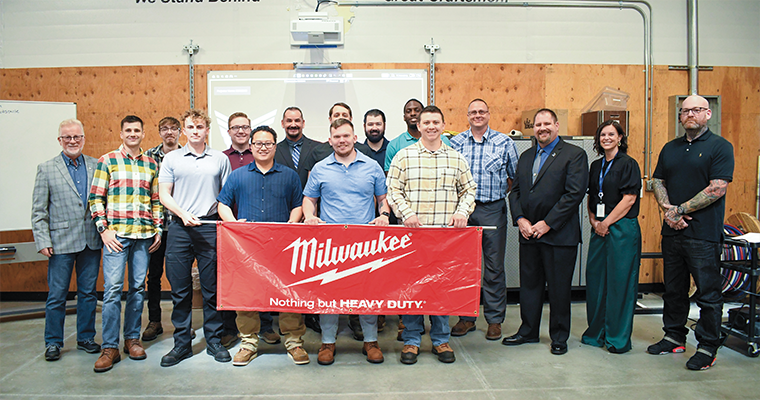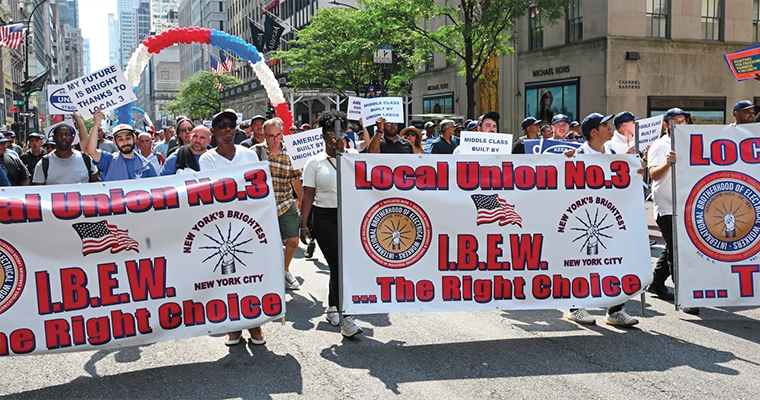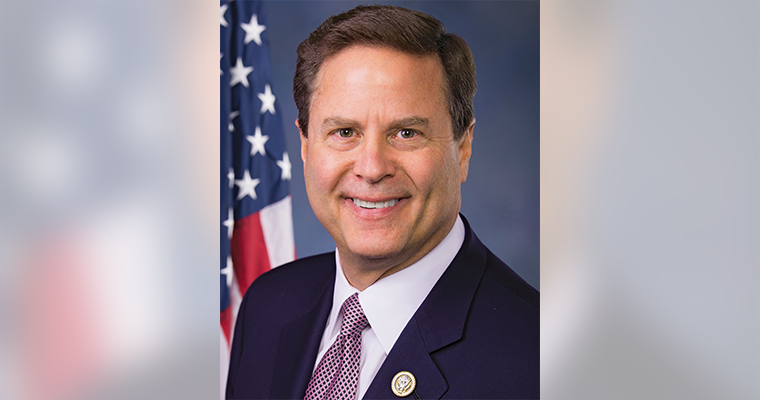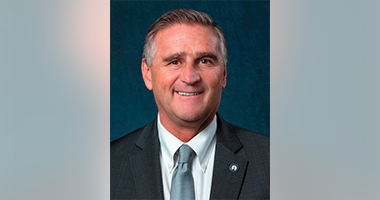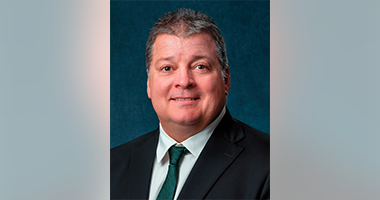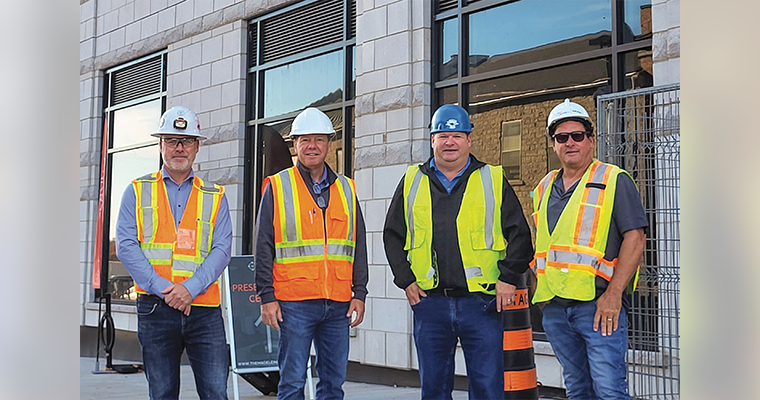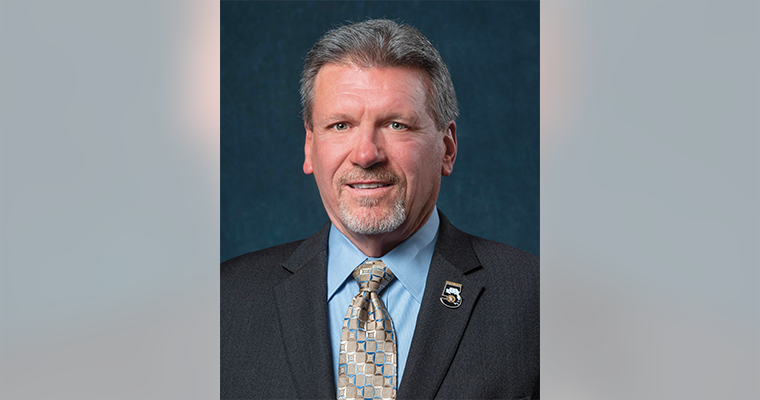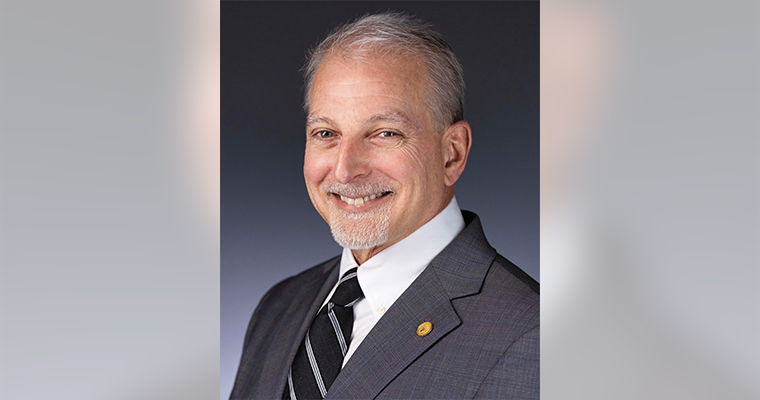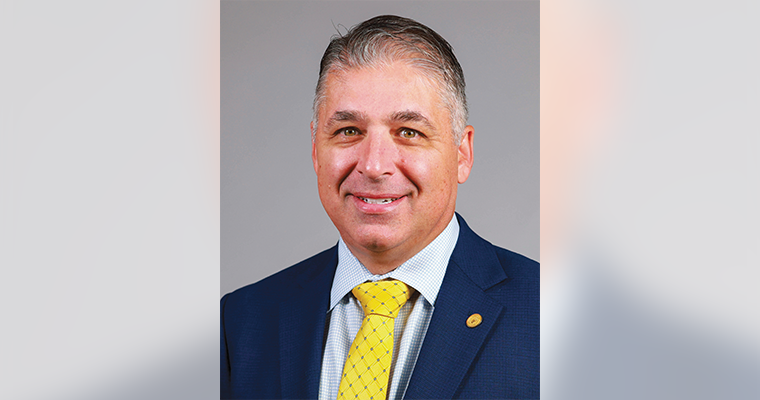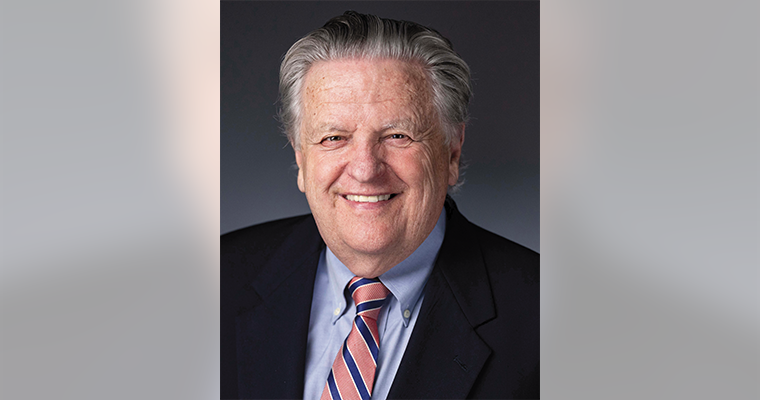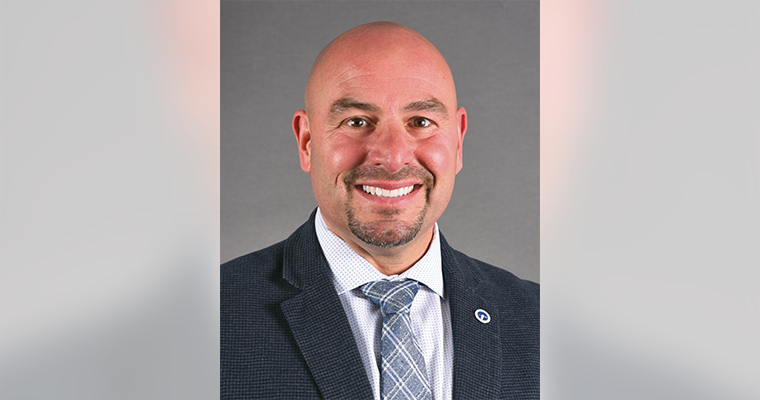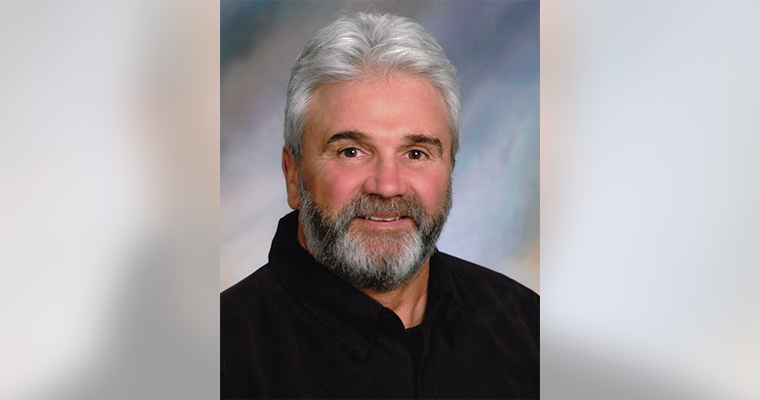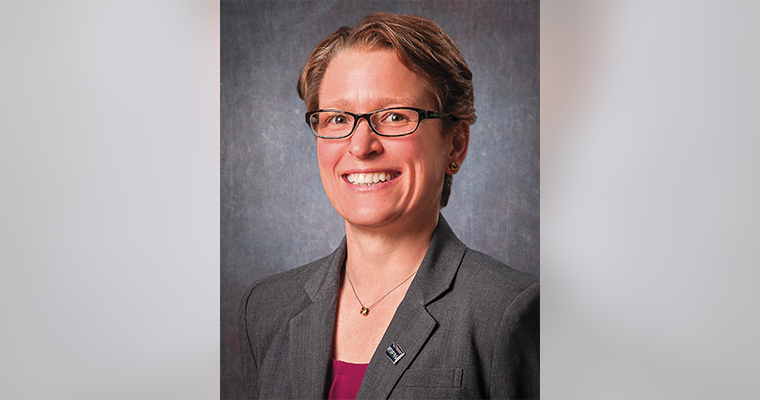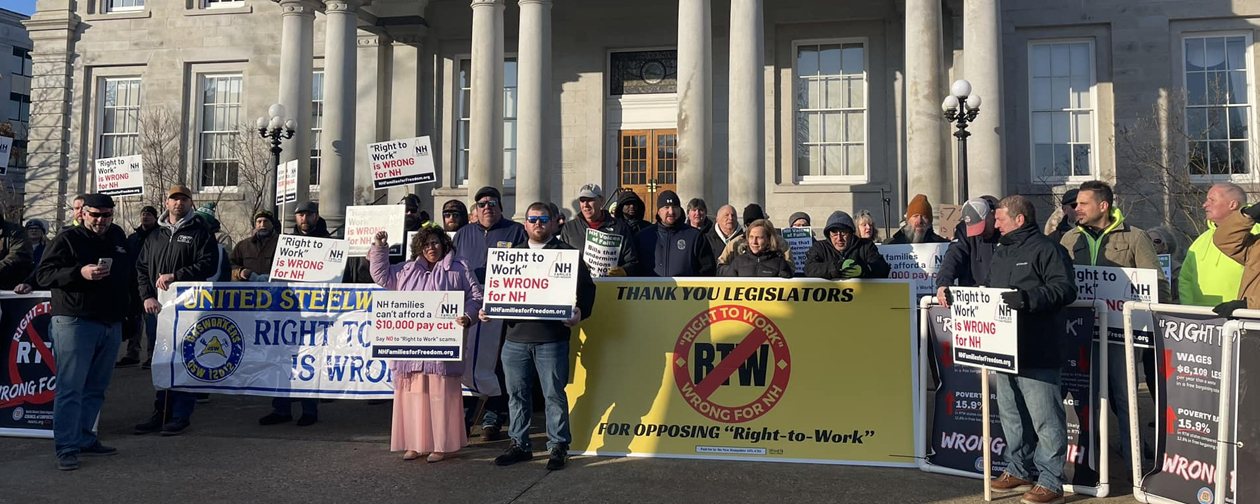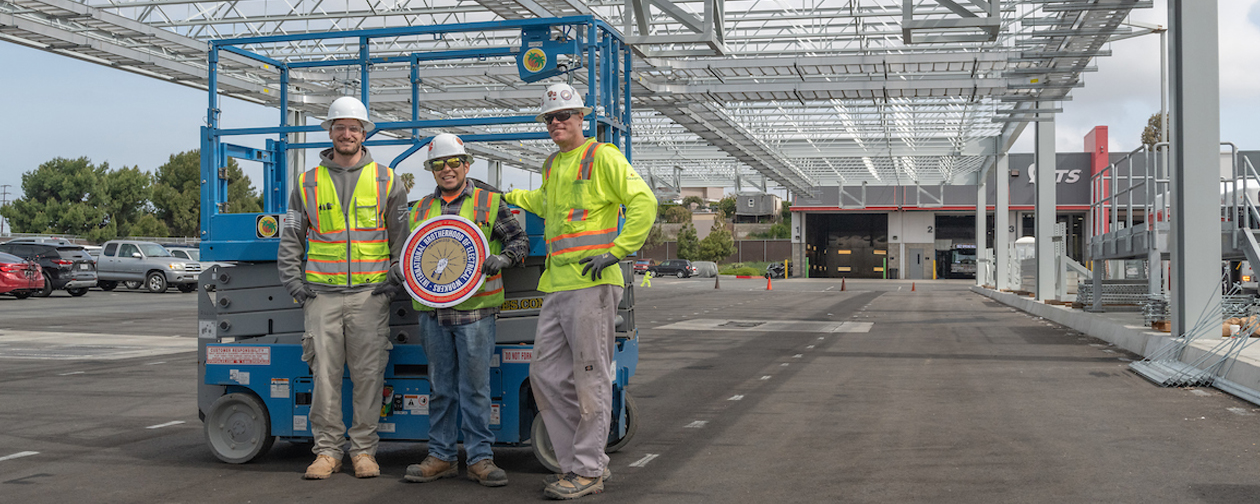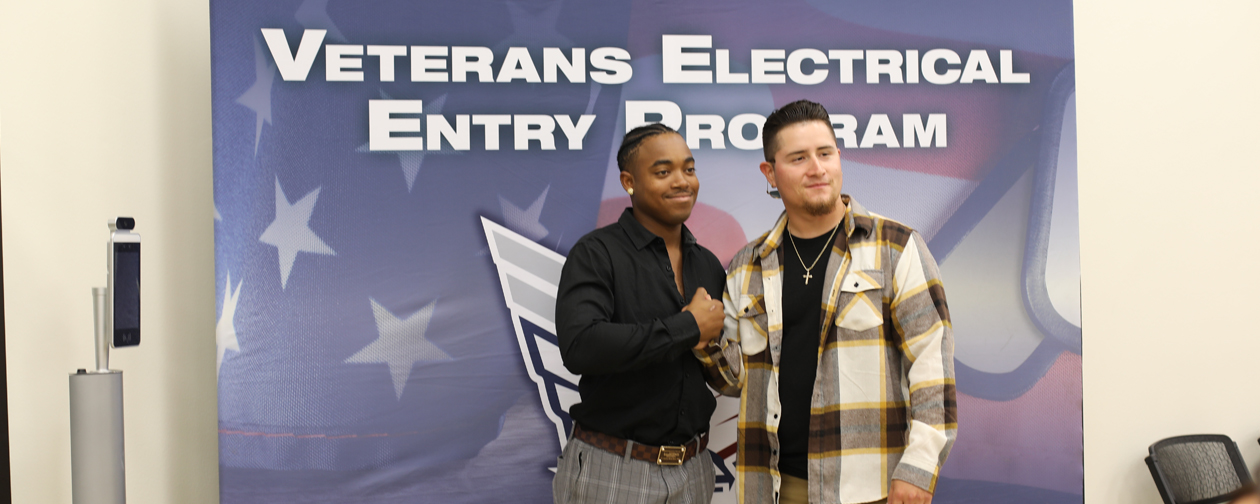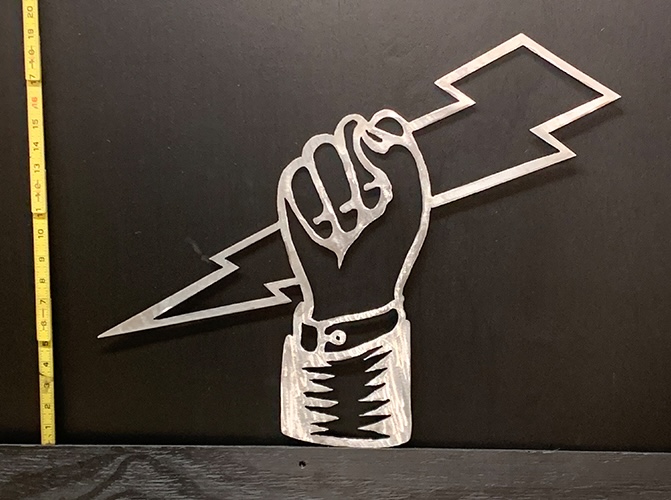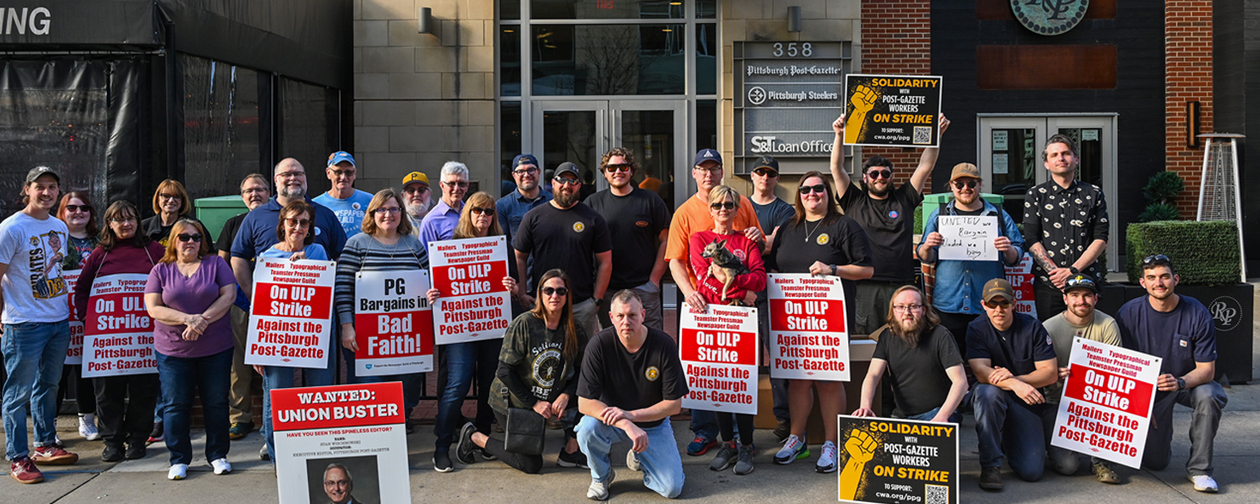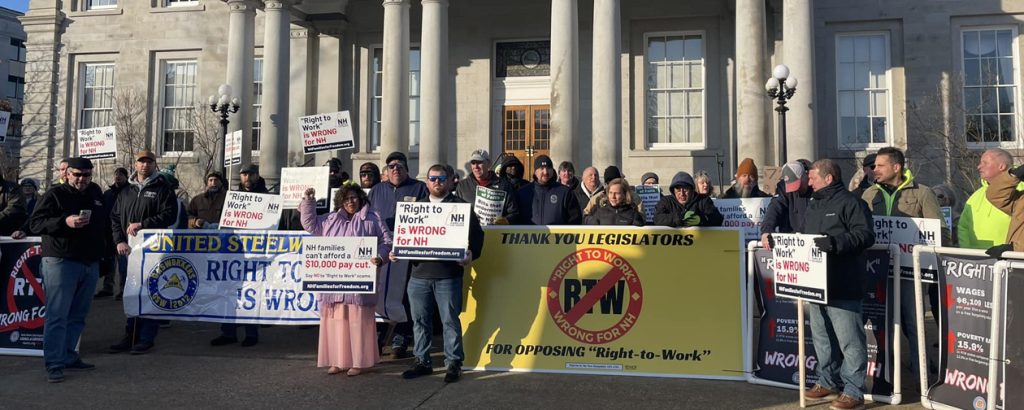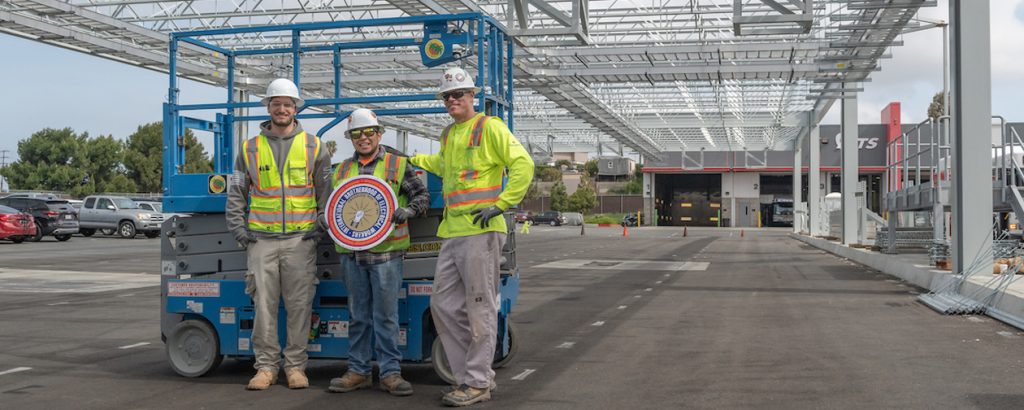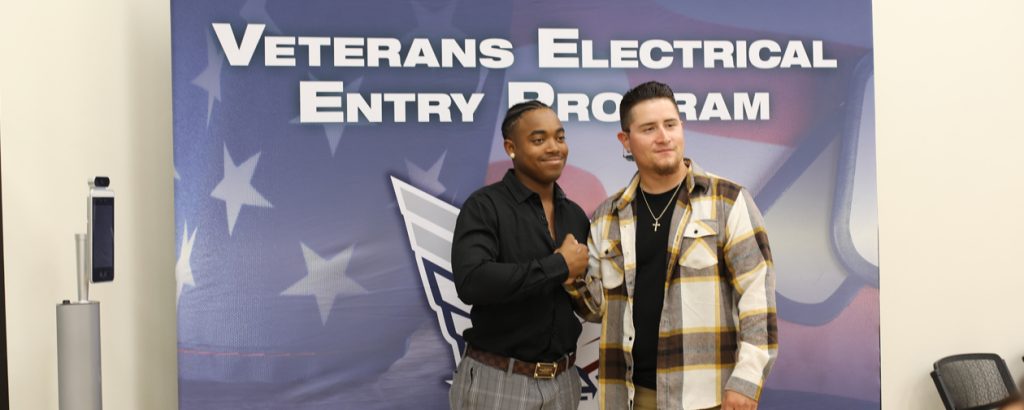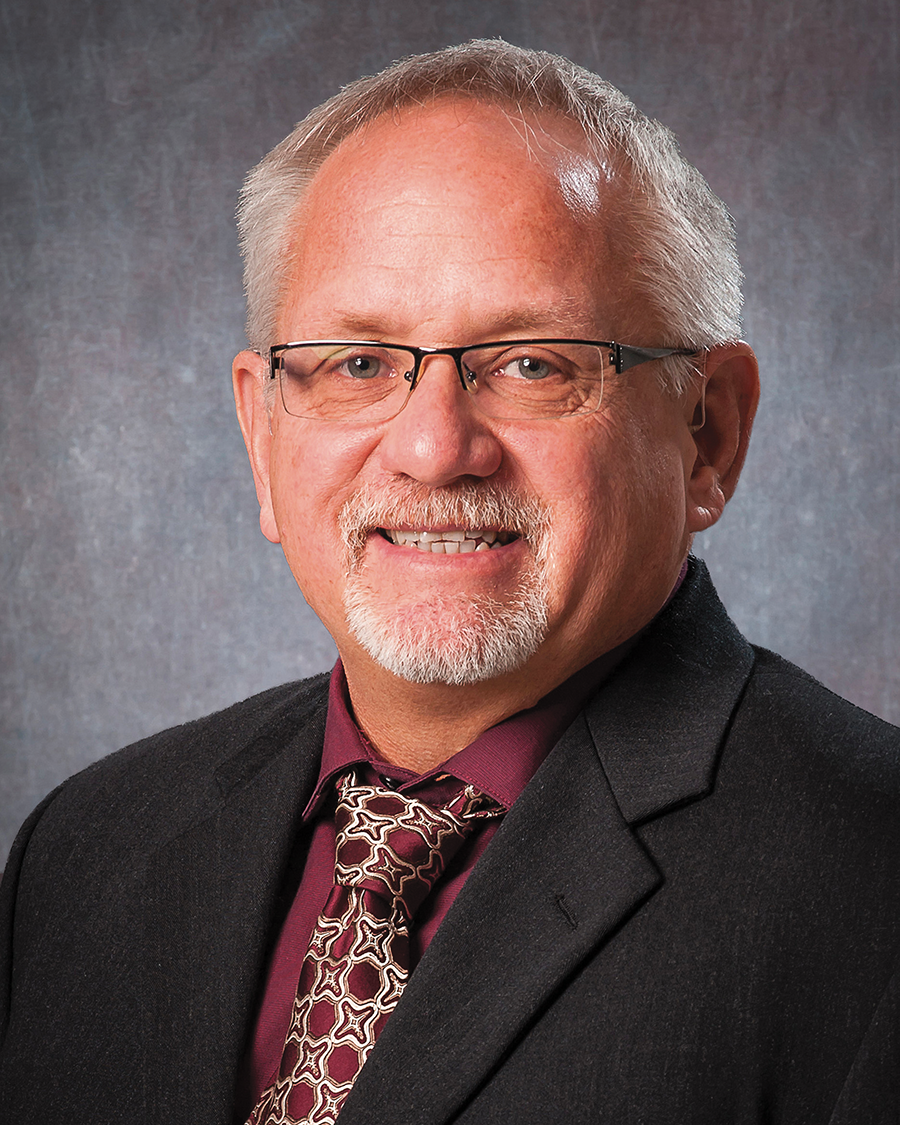
RETIRED — James Watson, the first ever Education Department international representative for the First District, retired June 1 after nearly 50 years in the IBEW.
Brother Watson’s father was a United Association general foreman and superintendent steam and gas fitter in Edmonton, Alberta. His grandfather was a union carpenter.
“I come from a union family, but I wanted to make my own way and not ride their coattails,” he said.
Watson took his first call as an inside apprentice for Edmonton Local 424 in 1979. He was initiated in 1981 and topped out as a Red Seal welder and electrician in 1983.
Watson’s first jobs in Edmonton were all in the residential business before he transitioned to commercial work. In his fourth year, he went to work in the oil sands. Like many of his brothers and sisters at Local 424, he never left.
“In 1979, I was wiring houses. By 1985, we wired none. There is tremendous commercial and residential work in the province, but we ignored it, and I’m as guilty as anyone. We put our eggs in that one basket, and we are paying the price now,” he said.
But, he said, he was happy with the tools.
“If you asked me where I was headed, I would have said I would be an electrician and happy as an electrician. I fit into the life,” he said. “I enjoyed the work. I enjoyed the people. I still miss the lunchrooms.”
It wasn’t long before Watson was asked to take on larger roles at the local. He sat on the executive board and served as a steward for 21 years, as well as business agent, assistant business manager, vice president and the local’s first full-time president. In the ’90s, he was also the unit chairman for all Edmonton construction for the local.
Watson served as a steward on one of the largest construction projects in Canadian history, the $9 billion Shell Scotford refinery. At peak, he said, there were 3,300 electricians on site, and there were more than 2,500 for five years.
“We built 11 oil sands refineries, and there were four running at the same time as Scotford,” Watson said. “I was the steward just on the tank farm, and I had 400 electricians under me. I still laugh about that: 400 for one steward.”
“He really believed in the need that we take care of one another.”
– Education Director Amanda Pacheco
In Phase 2 of the project, Watson was moving further and further from the tools. He was appointed chief for the building trades, the union spokesman for all 15,000 trades workers on site to the general contractor Fluor.
“I never planned or had a plan of doing anything. I became a steward because I didn’t like my steward. I ran for president because I wanted change and accountability. I went full time because I was losing money on the health and welfare plan because stewarding and being president pulled me off the job too much,” he said.
And he never wanted to be business manager.
“I’m not silly enough to take that job,” he said with a laugh. “They don’t get paid near enough to put up with what they do.”
When the Code of Excellence was introduced by then-International President Edwin D. Hill, Watson started teaching classes every Friday. He was on board with the message and found that he loved being in a classroom every week with 50 to 60 of his brothers and sisters.
It was noticed. He was appointed as an international representative in 2015 and assigned to the Education Department with a jurisdiction from the Atlantic to the Pacific.
“He didn’t just know the material; he engaged the people in the room. He was so competent and yet so humble. He makes it matter to the people in the room,” said Paul Dolsen, executive assistant to the First District international vice president and former business manager of London, Ontario, Local 120.
Watson went back to school and earned a degree Human Resources Management and certificate in Adult Education through the University of Alberta. He traveled tens of thousands of miles and put on hundreds of classes on every subject. But one subject, in particular, was a mission for Watson.
In 2015, Watson proposed a course on understanding and identifying mental health challenges in the construction industry. It took some time, but when Bill Daniels took office as First District international vice president in 2017, he gave Watson the green light.
Watson teamed up with specialists at the Canadian Labor Congress, Lynn Carlisle and Susan Nosvor.
“They got me from having an interest to having knowledge, zero to a thousand,” he said. He took mental health first-aid certification, community addiction training, applied suicide intervention skills and suicide assessment courses.
“Construction workers are not touchy-feely, and that can be lethal in an industry like ours. We are cyclical. Uniquely so. You don’t work, you don’t get paid, you don’t get a pension, you don’t get health. We spend so much time away from home. You can be in the middle of a 15,000-man camp and be all alone. We live in a suck-it-up princess atmosphere. We have to talk about it but in a way that works for us,” he said.
He presented his daylong course for the first time at a First District Progress Meeting with then-International President Lonnie Stephenson in the audience.
“He stood up, and he said, ‘We need more of this.’ That became an annual day-and-a-half training on mental health,” Watson said.
That combination of preparation, humility and genuine concern made Watson one of the best trainers in the IBEW, said Education Director Amanda Pacheco.
“He really believed in the need that we take care of one another. He did in his training but also how he showed up for his team, the people he worked with,” she said. “He made it OK to not be OK sometimes.”
Pacheco said his commitment and experience will be difficult to replace, but Watson built a legion of people who can follow him.
“I know that the First District is committed to continue. They’ve been trained by him. Thousands of people have been in the room with him. His legacy is the people,” she said.
Please join the officers and staff of the IBEW wishing Brother Watson a long and healthy retirement.
